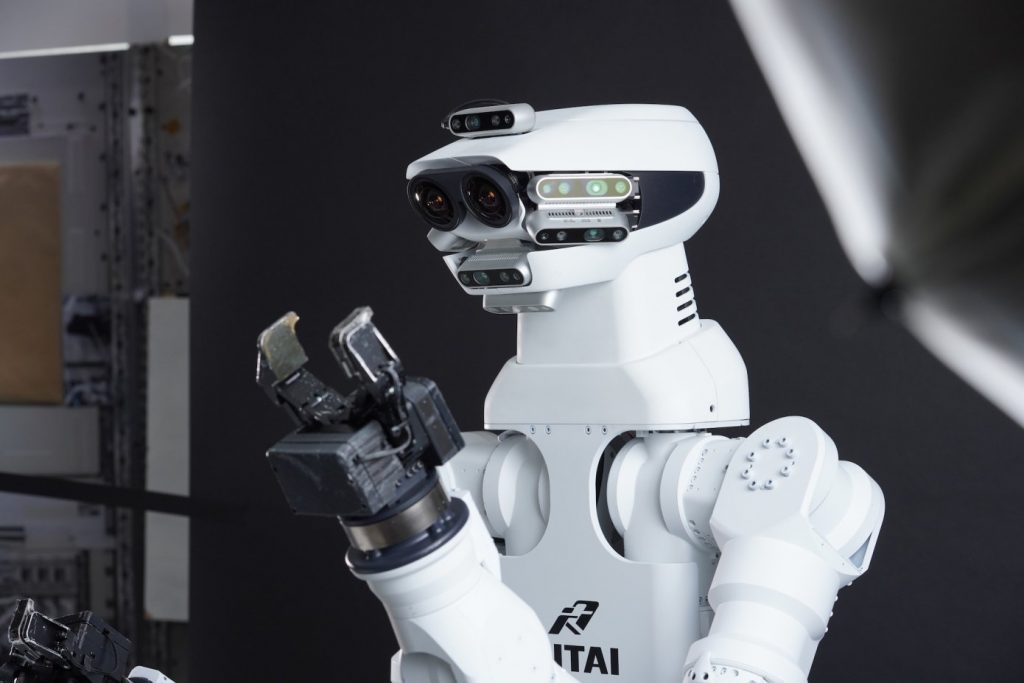If you are sick and tired of AI and robots taking over your jobs, you’re not alone because soon robots might be taking over jobs from astronauts in space.
Gitai, a fascinating Japanese robotics startup which has just recently raised an incredible amount of funding of ¥4 billion (equivalent to $30 million) just to speed up its mission of developing a workforce of remote-controlled space robots,

The firm says that its robots will significantly reduce the cost of space operations and will automatically reduce the risk to humans as there won’t be any.
SpaceX has revolutionized the space industry in the last couple of years by significantly reducing the cost of transporting payloads to orbit using its reusable Falcon 9 rocket. Gitai aims to follow suit by envisioning a future where the cost and risk of working and operating in space are greatly diminished through the utilization of robotic workforces.

During an interview with Bloomberg TV, Gitai’s CEO, Sho Nakanose, explained the company’s vision for the next frontier. He stated that by employing Gitai’s robot arms and rovers, the operational costs of space missions could be reduced by a staggering factor of “100 times.”
“The bottleneck of the space industry has been changing rapidly,” he continued. “Huge space companies such as SpaceX and BlueOrigin are solving the space transportation problem, and now the bottleneck has changed from transportation costs to operational costs.”
Furthermore, Nakanose highlighted the potential application of these robots on celestial bodies such as the Moon and Mars. Gitai has specially designed its inchworm robot, robotic arms, and lunar robotic rovers to cater to the unique demands of space operations.
The newly secured funding will primarily be allocated to expanding Gitai’s operations in the United States. The company aims to recruit talented engineers and continue enhancing its space robots.
These robots possess a wide range of capabilities, including the assembly of solar panels, welding components together, inspections, and maintenance tasks whenever necessary.
“The Japanese space market is limited,” Nakanose told Bloomberg. “We decided to expand our business in the US.”
As NASA plans to take human space exploration to new heights, it increasingly turns to the private sector for assistance. Gitai is one among several global startups that have set up operations in the United States, enticed by the prospect of lucrative contracts with NASA.
NASA and Gitai are collaborating to test the latter’s space robots in orbit. “We have successfully conducted our first tech demo inside the International Space Station in 2021,” Nakanose said “And we are conducting the next tech demo — this time outside the ISS — within this year.”


